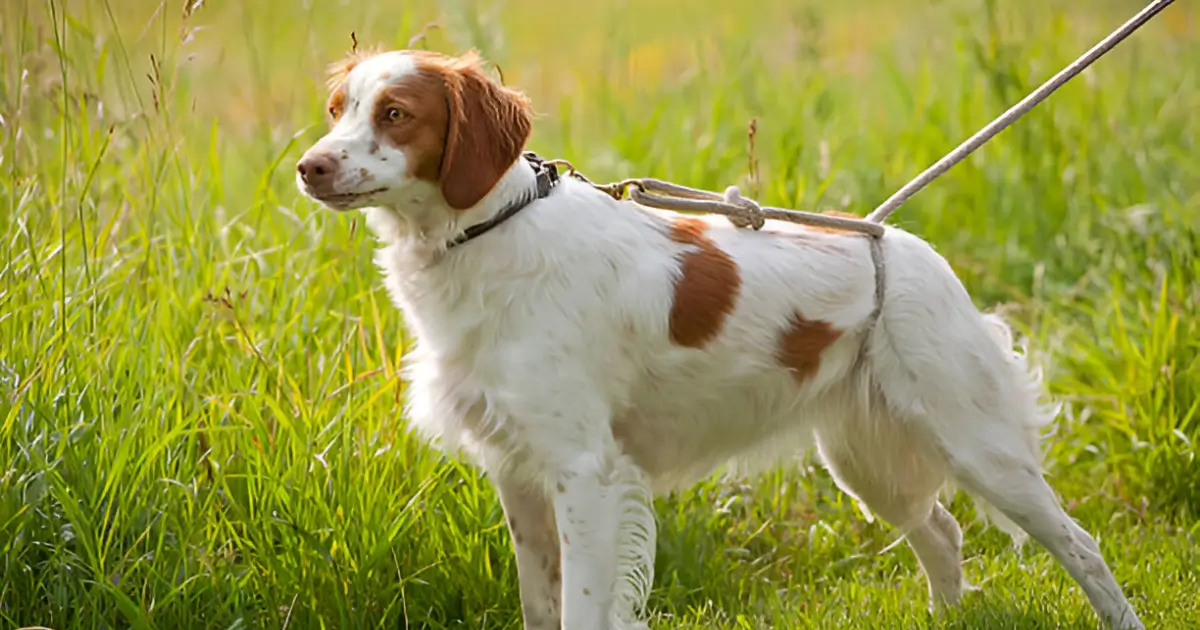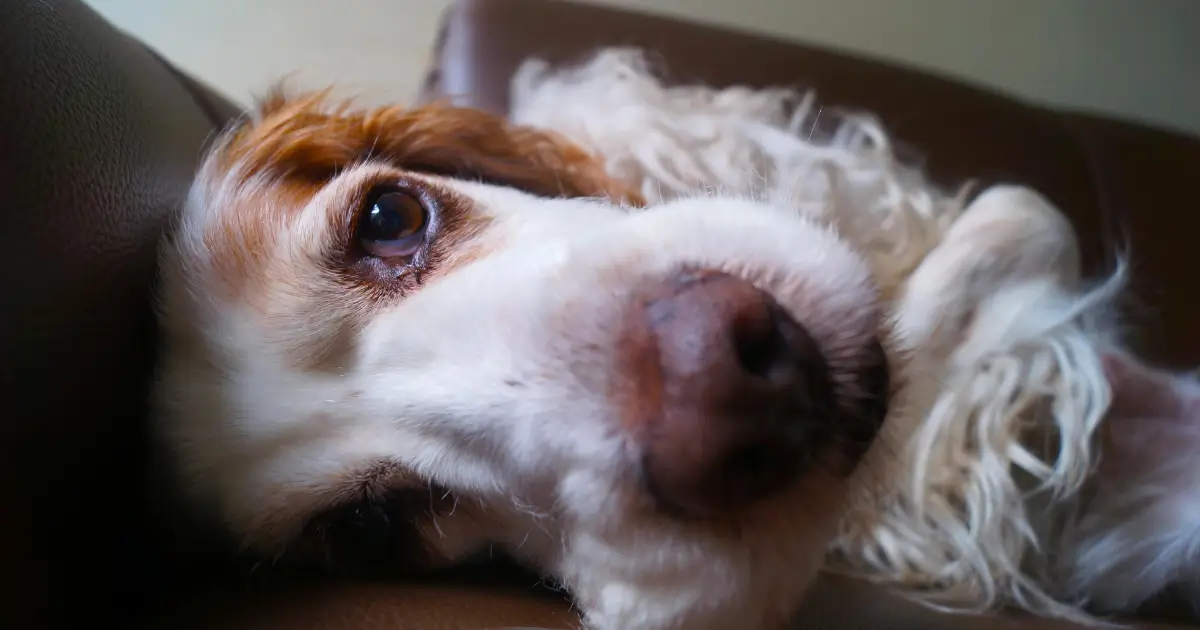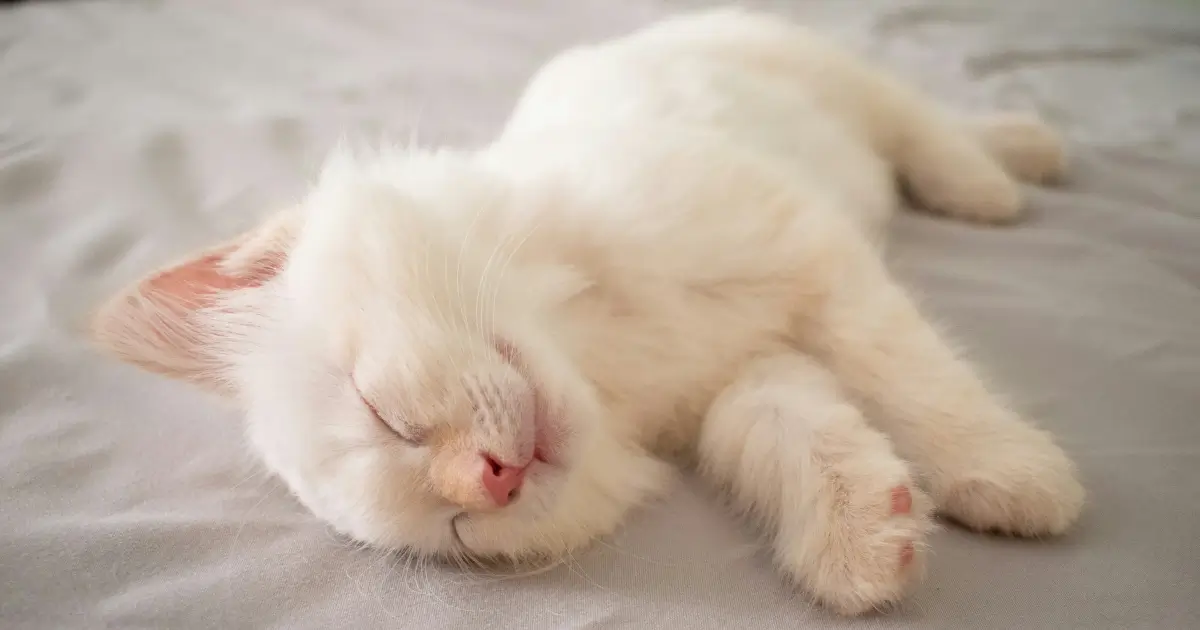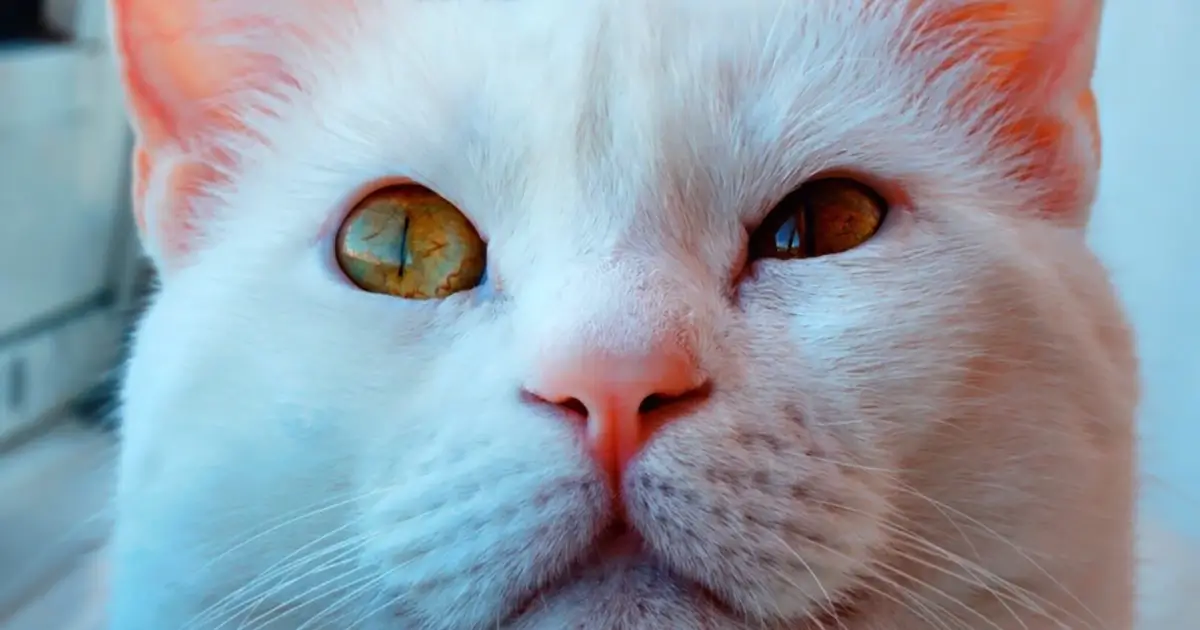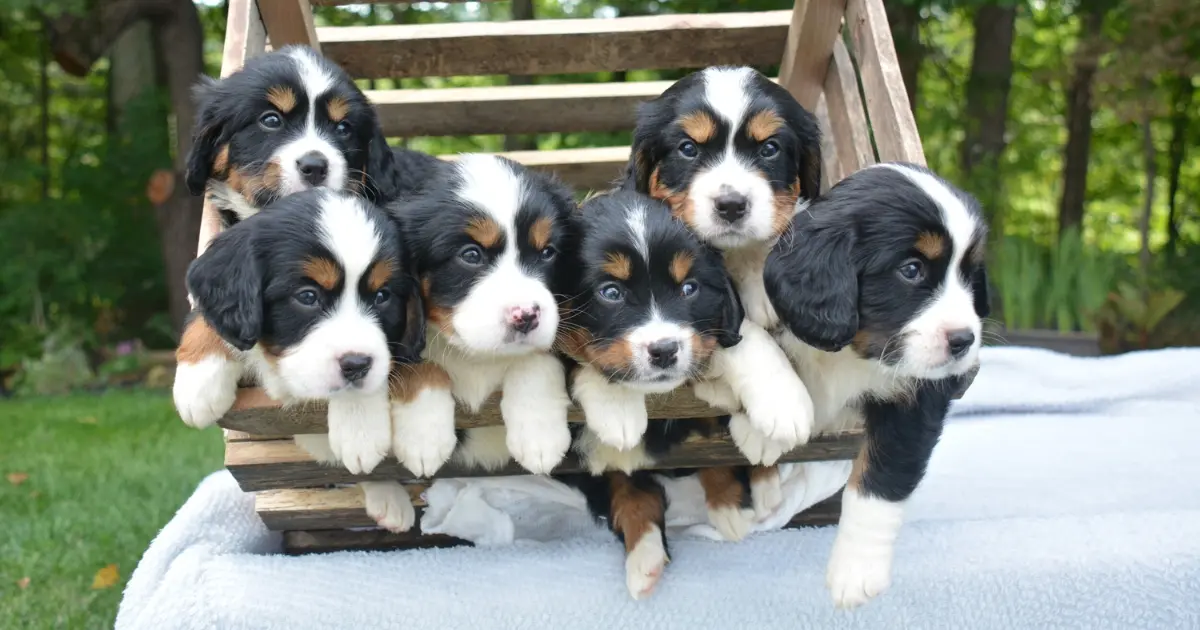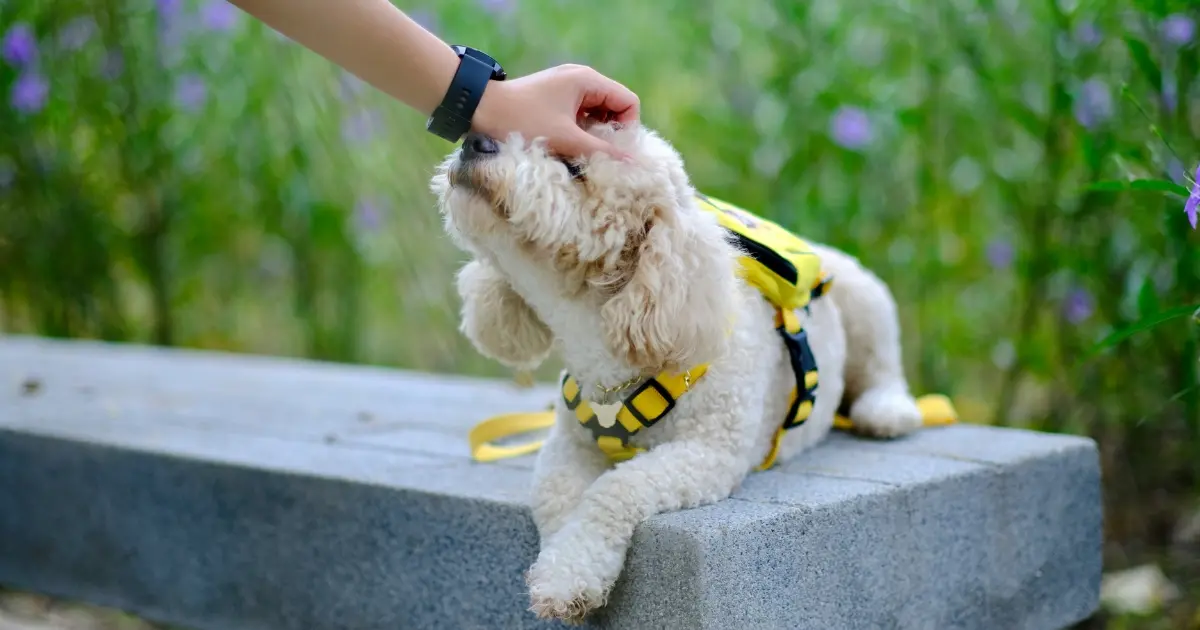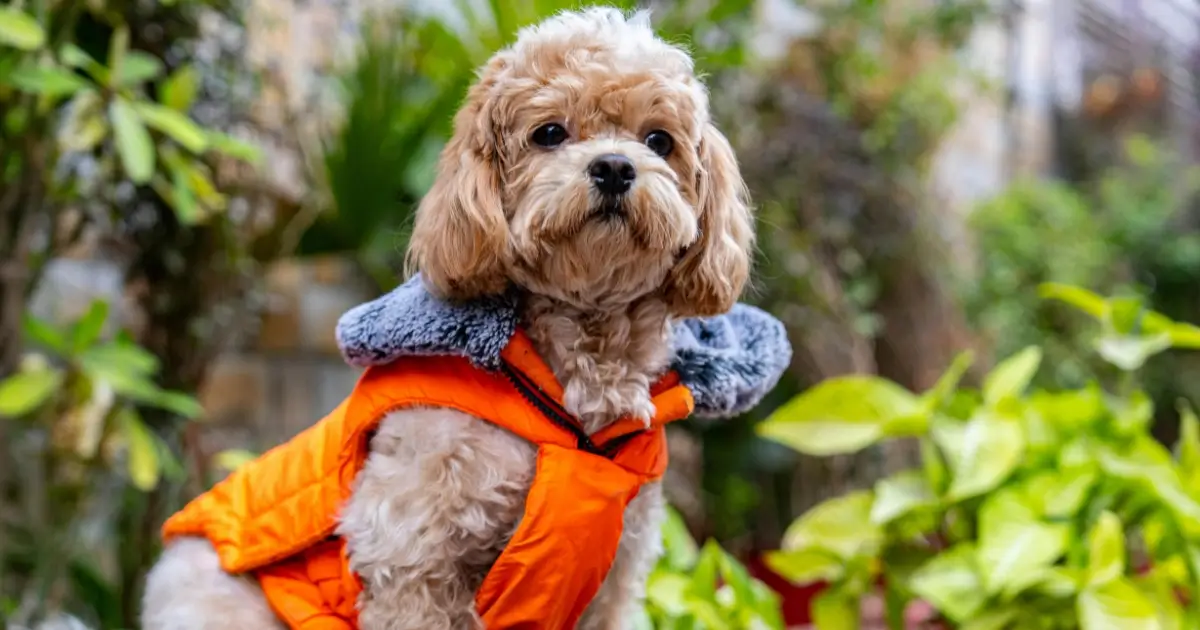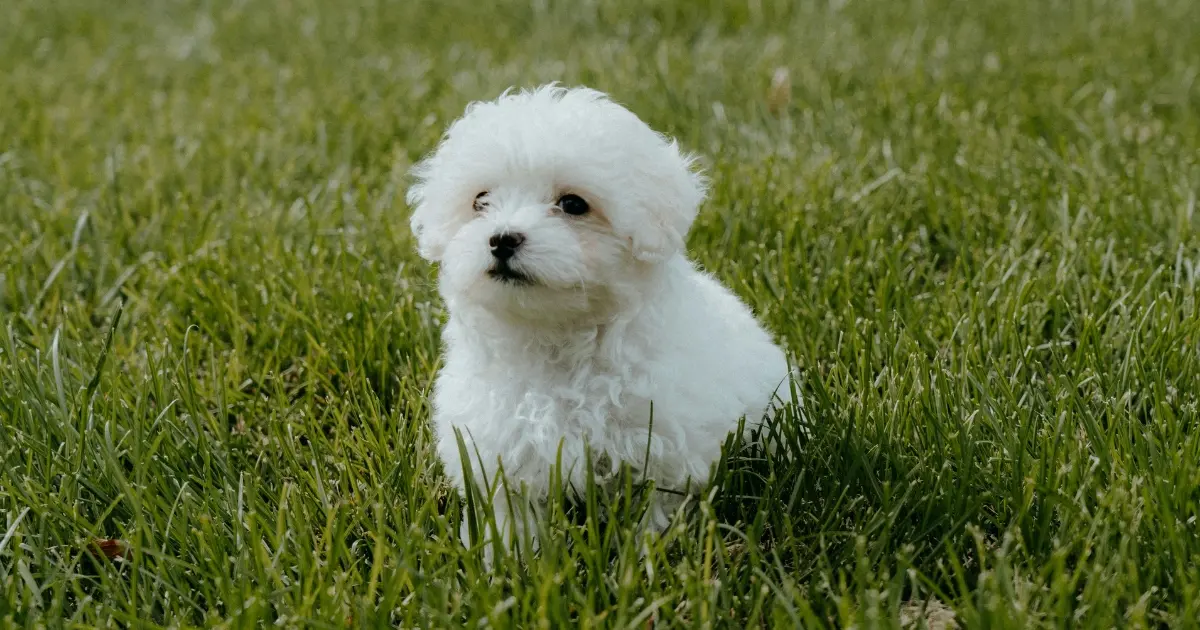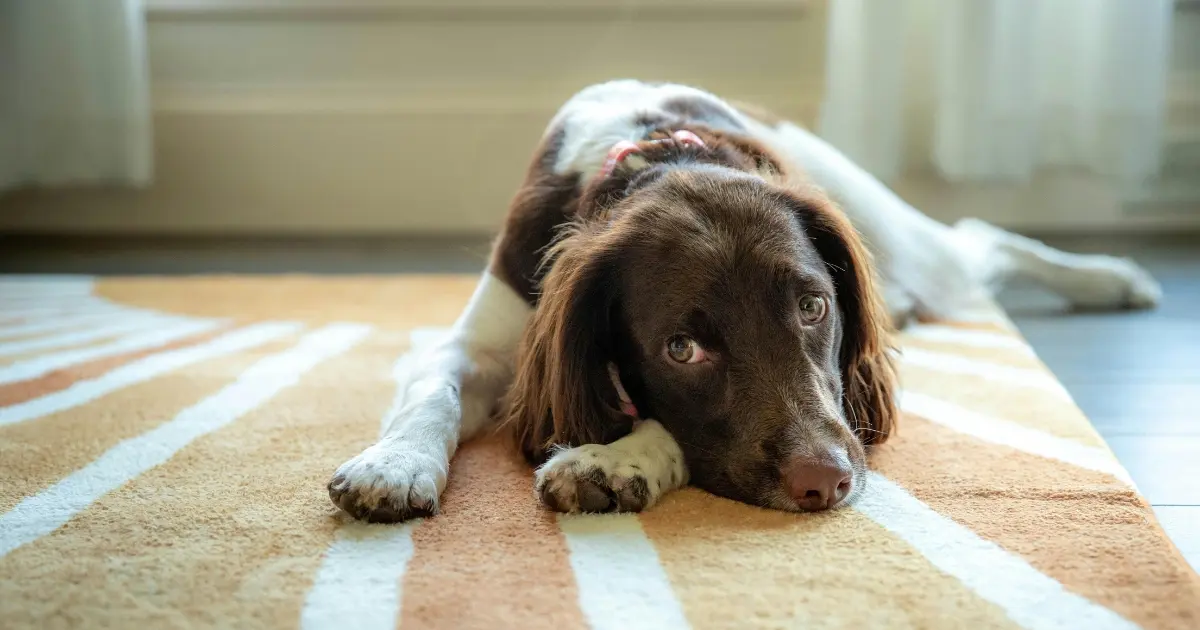Black Dogs : The world of dogs is as colorful as the coats they wear. Black dogs stand out, from the big Newfoundland to the fast Labrador Retriever. They grab the attention of dog lovers with their looks and personalities. This guide looks at the top black dog breeds, their traits, temperaments, and how to care for them.
Table of Contents
Looking for a big protector or a small friend? This guide has lots of info to help you choose a black dog. It covers how melanin makes their coats black and the many types of black dogs. It’s a deep look into these amazing dogs.
Key Takeaways
- Discover the most popular black dog breeds and their distinctive traits
- Understand the genetic factors that contribute to black coat colors in dogs
- Explore the diverse range of black dog breeds, from large guardians to small companions
- Learn about the unique health considerations and grooming needs of black-coated canines
- Gain insights into the training, temperament, and cultural significance of black dogs
Understanding Black Dog Genetics and Coat Colors
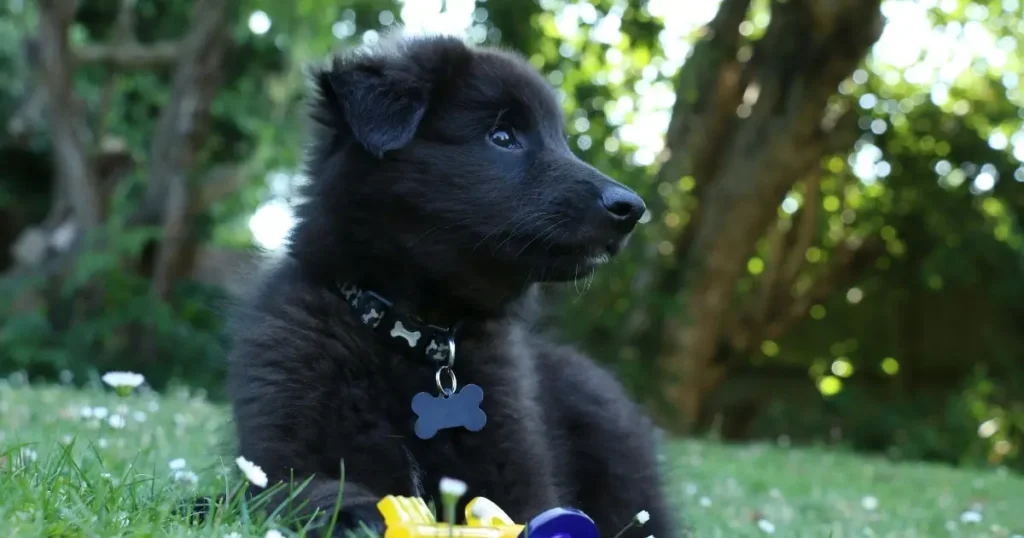
Black dog breeds have coats that catch the eye of many pet owners. But what makes these dogs look so unique? It’s all about the complex world of dog genetics and melanin, the pigment that creates black, brown, and tan colors in a dog’s fur.
Melanin’s Role in Black Coat Formation
Melanin is the main pigment that decides a dog’s coat color. In black dogs, lots of dark eumelanin pigment makes them look solid black. This pigment comes from special cells called melanocytes, found in the dog’s skin and hair follicles.
Common Color Variations in Black Dogs
Not all black dogs have a solid black coat. Some have tan markings, making a black and tan pattern. Others might have white markings, leading to a black and white look. These different colors come from various genetic factors affecting melanin production and where it’s placed.
Genetic Inheritance Patterns
The way coat color is passed down in black dog breeds is quite complex. Breeders pick specific colors to keep the traits they want in their black puppies and dogs. Knowing these patterns is key for good breeding and guessing the coat colors of a litter.
Popular Large Black Dog Breeds
Big black dogs have their own special place in the hearts of many. The Labrador Retriever and the Great Dane are among the favorites. They are loved for their striking looks and gentle nature.
The Newfoundland is also a favorite, known as the “gentle giant.” These dogs are loyal and loving. They do well in active homes and are great with families. The Rottweilers are strong, smart, and very devoted to their owners.
If you like the playful Labrador Retriever or the majestic Great Dane, you’ll find them irresistible. These breeds offer a mix of size, personality, and charm. It’s important to think about their needs and if they fit your lifestyle when choosing a big black dog.
Small and Medium Black Dog Breeds
If you’re looking for a small dog, there are many black breeds to choose from. These dogs are small but have big personalities. They are great for people living in apartments or with little outdoor space.
Companion-Sized Black Dogs
Schipperkes are known for being alert and smart, with their all-black coats. They make great companions for city or suburban living. Scottish Terriers, with their beards and eyebrows, are also lively and loving pets.
Apartment-Friendly Black Breeds
Miniature Schnauzers are perfect for apartment living because they are small and not too active. The tiny black Affenpinscher, or “Monkey Dog,” is also great for apartments. It’s playful and easy to groom.
Exercise Requirements for Smaller Breeds
Even though they’re small, black dog breeds need exercise. Owners should walk them daily and play with them. This keeps them happy and healthy. With proper care, these *small black dog breeds* can be wonderful family pets.
Black Dogs Through History and Culture
Black dogs have always been important in human history and culture. They have been in stories and legends for centuries. Their dark color and mysterious nature have fascinated people everywhere.
In ancient times, black dogs were seen as protectors and even gods. In Greek myths, Cerberus guarded the Underworld gates. In Norse myths, Garmr signaled the end of the world. These stories show how much respect and fear humans had for black dogs.
“The black dog has always been a symbol of bad luck, but also of strength, protection, and loyalty.” – Renowned Anthropologist, Dr. Emily Winters
Black dogs have also starred in literature and movies. Think of Hound of the Baskervilles or Sirius from Harry Potter. They add mystery and depth to stories about humans and the unknown.
Now, black dogs are gaining more love and acceptance. People are learning about their unique personalities and loyalty. This is helping to break old myths and superstitions about them.
Health Considerations for Black Dogs
Black dog breeds are known for their striking looks. But, there are health issues to watch out for. Their dark coats can lead to certain health problems. Knowing these can help keep your black dog happy and healthy.
Common Health Issues
Black dogs can face many health problems. These include skin allergies, sensitivity to some medicines, and a higher risk of cancer. It’s important to watch them closely and take them to the vet regularly.
Preventive Care Tips
To keep black dogs healthy, focus on preventive care. Feed them well, groom them regularly, and keep up with vaccinations and parasite control. Also, make sure they get enough exercise and mental stimulation.
Lifespan Expectations
The lifespan of black dogs varies by breed and individual. Larger breeds like the Newfoundland and Great Dane often live shorter lives. But, with the right care, black dogs can live long, happy lives with their families.
Training and Temperament of Black Dogs
Black dogs come in a wide range of personalities and traits. Black puppy breeds are known for their loyalty, intelligence, and desire to please. They do best in environments where they get consistent, positive feedback during training.
Many black dog breeds, like Labradors and German Shepherds, are very trainable. They do well in obedience and service roles. Their natural abilities make them great for active homes, where they can use their energy for tasks like agility and tracking.
“Black dogs are often described as having a strong, confident, and protective temperament. With the right training and socialization, they can become devoted, adaptable, and affectionate family members.”
However, some black dog breeds, like Chow Chows, can be more independent. They need patience and consistent training. Early socialization is key to help them develop well-rounded personalities and avoid aggression or shyness.
Training and socializing black dogs is crucial to bring out their best. It helps create a strong bond between them and their human family.
Grooming and Maintenance Tips
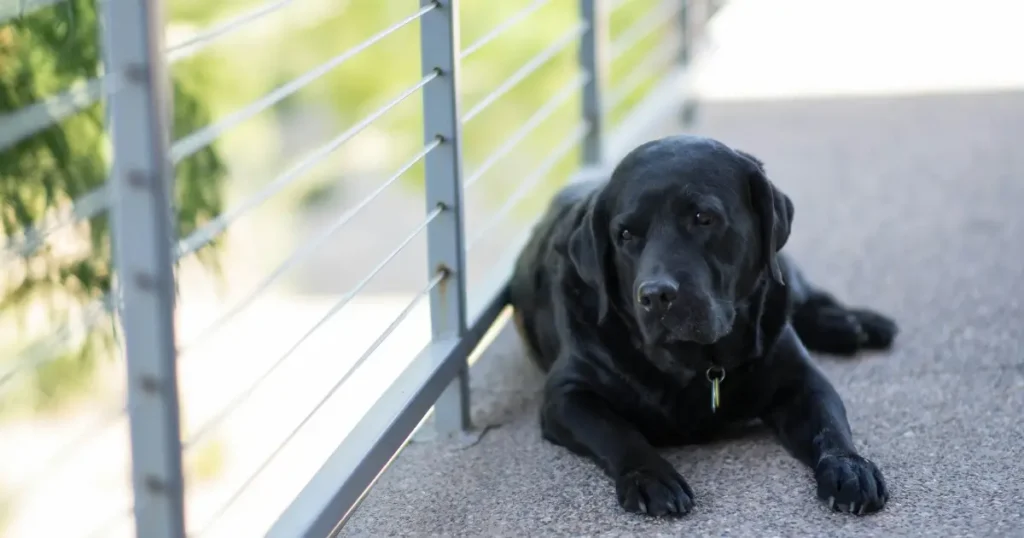
Black dogs need extra care to keep their coat looking great. Here are some grooming tips for black dog owners. They cover coat care and managing seasonal shedding.
Coat Care Essentials
Brushing your black dog regularly is key for a healthy, shiny coat. Use a slicker brush or deshedding tool to remove loose hair. This also spreads the skin’s natural oils.
Bathing should happen every 4-6 weeks. Use a gentle, moisturizing shampoo made for black coats. This prevents fading.
Seasonal Shedding Management
Black dogs shed more during certain seasons. You’ll need to brush them more often to manage this. Adding omega-3 fatty acids to their diet helps too. It supports a healthy coat and reduces shedding.
Professional vs Home Grooming
At-home grooming is important, but professional grooming is also beneficial. Get your black dog groomed every 6-8 weeks. Professional groomers can do a deep clean, trim, and style that’s hard to do at home.
This keeps the coat looking good and healthy.
Adopting Black Dogs: Breaking the Stigma
Black dog breeds often face a stigma in animal shelters. This is called the “black dog syndrome.” It makes it harder for them to find homes. But, this is not true. Black dogs have unique personalities and can bring joy to families.
When looking to adopt, don’t judge by color. Black dog breeds can be loyal and loving. Adopting one can be very rewarding. Whether you want a black puppy breed or an older dog, they all have lots of love to give.
“Adopting a black dog is an act of kindness that can truly transform a life. These dogs deserve the same chance at finding a forever home as any other breed.”
Breaking the stigma around black dog breeds helps them find better homes. With patience and an open heart, you can welcome a black dog into your family.
Living with Black Dogs: Practical Considerations
Adding a black dog to your life can be very rewarding. However, it comes with some practical things to think about. This section will give you tips on how to make your home and daily life better with a black dog.
Photography Tips for Black Dogs
Photographing black dogs can be tricky because their dark fur absorbs light. This makes them hard to see in many photos. To fix this, try using backlight or soft, diffused light to make their features stand out.
Also, adjust your camera settings to get the right exposure. Experiment with different angles and shots to capture your black dog’s beauty and personality.
Home Adaptation Needs
Black dogs might need some changes to your home to stay safe and comfy. Add non-slip rugs or mats to slippery floors. Use contrasting colors on stairs and other areas to help them move around better.
Also, make sure there are cozy, well-lit spots for them to rest. This will help them feel at home.
Exercise and Entertainment
Black dogs need regular exercise and mental play to stay healthy. Mix up activities like walks, play with toys, and training. This keeps them active and sharp.
Take them on outdoor adventures to show off their athleticism. But also make sure they have time to rest and relax at home.
FAQ
What are the most popular large black dog breeds?
Popular large black dog breeds include Labrador Retrievers, Great Danes, Newfoundlands, and Rottweilers. They are known for their size, gentle nature, and fit various lifestyles well.
What are the health considerations for black dogs?
Black dogs might face health issues like skin problems and heat sensitivity. Knowing these risks helps. Work with a vet to prevent and treat health problems.
How do I manage the grooming and shedding of a black dog?
Keeping a black dog’s coat shiny involves regular brushing, baths, and grooming. This helps manage shedding. Seasonal shedding might need extra tools to keep your home hair-free.
What are some small and medium-sized black dog breeds?
Small and medium black dog breeds include Schipperkes, Scottish Terriers, and Miniature Schnauzers. They’re great for apartments but need exercise.
How can I overcome the “black dog syndrome” when adopting a black dog?
The “black dog syndrome” means black dogs are often overlooked in shelters. Educate people about black dogs’ qualities to change this. Show off each black dog’s unique personality to find them homes.
What are some tips for living with a black dog?
Living with a black dog means adapting your home and finding fun ways to capture their moments. Understand their needs for a happy life together.
